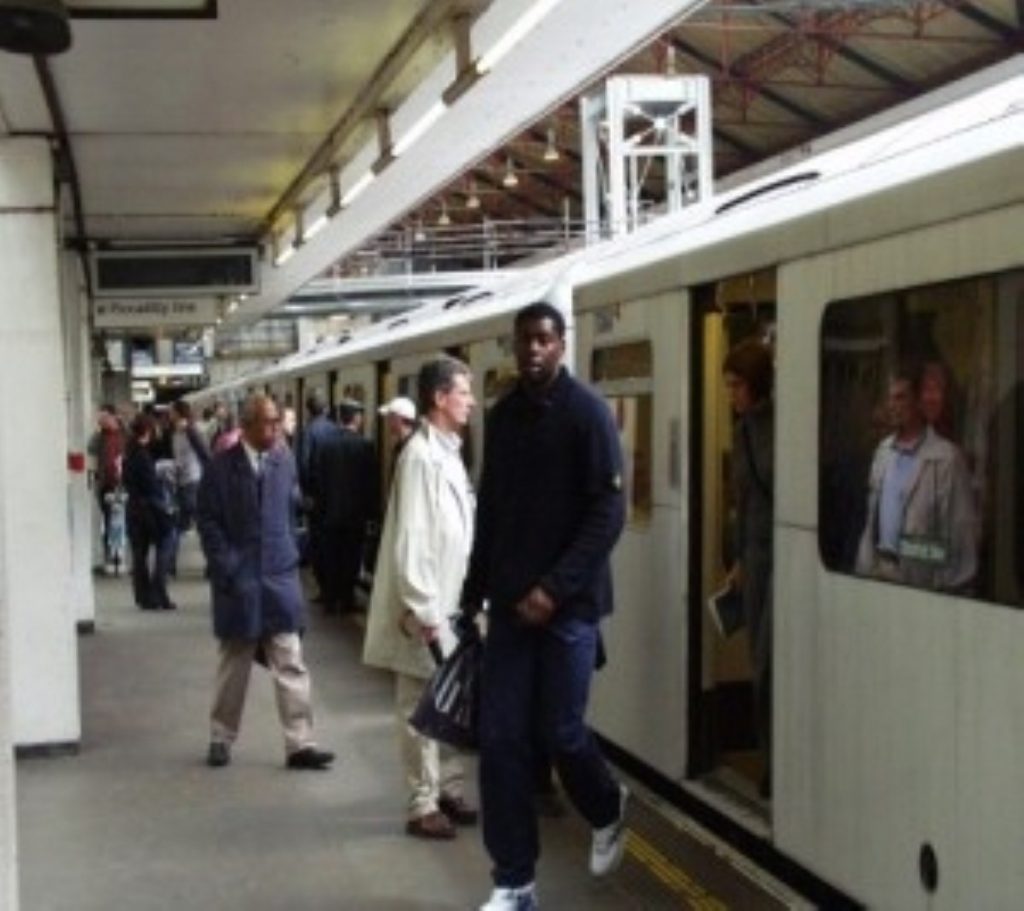Mayoral challengers step up transport campaign
The two leading challengers to Ken Livingstone are focusing their campaigns on transport with the elections now only three days away.
Transport is frequently cited in most opinion polls as a key issue for Londoners.
Indications are that this is a strong issue for Ken Livingstone, with a You Gov poll in May showing that 59 per cent of Londoners feel that the traffic flow in central London has improved during the Labour candidate’s time in charge, and 49 per cent saying that the buses have.
However, a potential weakness for Mr Livingstone is the same poll’s finding that only nine per cent feel that the tubes have improved.


Liberal Democrat candidate Simon Hughes today unveiled his proposals for a simplified tube fare structure. Mr Hughes proposes restructuring the current six zones in to zone A (covering the existing zone one and two) and zone B covering the rest.
Fares would be set at a flat rate of £1.60 return for zone A and £3.60 return for zone B.
Mr Hughes said: “Mr Livingstone’s four year fixation on buses has been to the disadvantage of long suffering Tube users and motorists. As Mayor, I will make sure that everyone who travels around London gets a better deal.
“For regular travellers, my plans will reduce the cost of commuting in London. Combined with my other policies for reducing congestion and improving reliability for the Tube, Londoners will find life on the underground cheaper, safer and easier.”
He claims that, based on Transport for London figures a flat fare across the outer zones could lead to a 10 per cent increase in new trips as a result of people giving up their cars.
Other Liberal Democrat proposals to improve transport include late night running of the tube and a 15 per cent discount for those travelling before 7.30am.
On Tuesday, the Conservative candidate Steve Norris will focus on transport for school children.
Mr Norris will unveil his pledge to introduce American style yellow buses to provide free transport to school for children.
The Conservatives estimate that such a scheme, providing a “safe, environmentally friendly and reliable mode of transport” could reduce peak morning congestion by 10 per cent.
The trial scheme would start in three boroughs before being rolled out across the whole of the capital at an annual estimated cost of £2million per borough.

